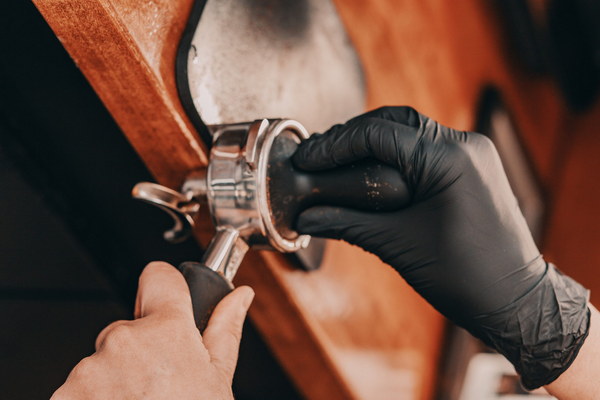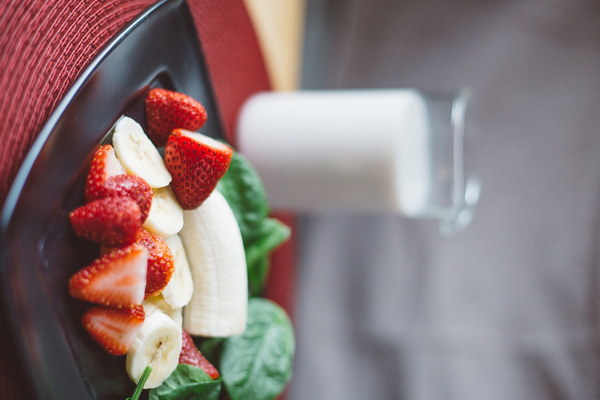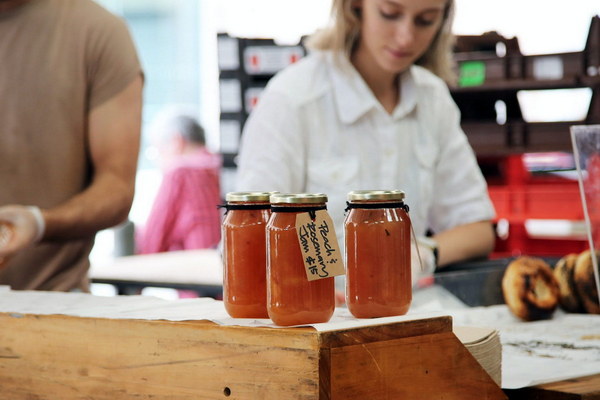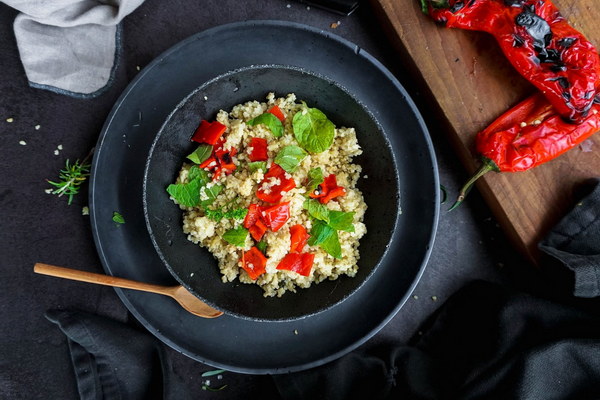Revitalize Your Health with Herbal Tea A Natural Remedy for Cough and Phlegm
In today's fast-paced world, finding natural ways to boost our health and alleviate common ailments like cough and phlegm has become increasingly important. One such effective solution lies in the world of herbal teas. These delightful beverages not only offer a refreshing taste but also provide a wealth of health benefits, including the ability to soothe your respiratory system and alleviate cough and phlegm. In this article, we will explore the benefits of herbal teas, specifically those that have been traditionally used to combat cough and phlegm, and how you can incorporate them into your daily routine.
Understanding Herbal Teas
Herbal teas are made from the leaves, flowers, roots, and berries of various plants, and they have been used for centuries as natural remedies for various health issues. Unlike traditional tea made from the leaves of the Camellia sinensis plant, herbal teas do not contain caffeine, making them an ideal choice for those looking to relax without the side effects of caffeine.
Top Herbal Teas for Cough and Phlegm
1. Honeybush Tea

Honeybush tea, a South African herbal tea, is known for its anti-inflammatory properties and its ability to thin mucus. The honey-like flavor of this tea makes it a delightful choice for soothing a sore throat and alleviating cough and phlegm.
2. Thyme Tea
Thyme is a well-known herb with antibacterial and expectorant properties. It helps to break down mucus and can be particularly effective in treating respiratory infections. Thyme tea is also believed to have anti-inflammatory and anti-spasmodic effects, which can help relax the muscles in the respiratory tract and reduce coughing.
3. Elderberry Tea
Elderberry tea is another popular choice for soothing cough and phlegm. Elderberries contain natural compounds that can help reduce inflammation and boost the immune system. This makes elderberry tea an excellent choice for fighting off colds and flu, as well as for managing respiratory symptoms.
4. Peppermint Tea
Peppermint tea is known for its cooling and soothing properties. It can help alleviate cough and phlegm by relaxing the muscles in the respiratory tract and reducing inflammation. Peppermint also has expectorant properties, making it easier to cough up mucus.
5. Licorice Root Tea
Licorice root tea has been used for centuries as a natural remedy for cough and phlegm. It contains glycyrrhizin, a compound that can help reduce inflammation in the respiratory tract and soothe sore throats. Additionally, licorice root has expectorant properties that help thin mucus.
How to Prepare and Enjoy Herbal Teas
To enjoy the benefits of herbal teas for cough and phlegm, follow these simple steps:
1. Choose a high-quality herbal tea blend that includes one or more of the aforementioned ingredients.
2. Heat water to a rolling boil.
3. Pour the hot water over a tea bag or loose-leaf tea in a mug.
4. Let the tea steep for 3-5 minutes, depending on the strength you prefer.
5. Remove the tea bag or strain the loose leaves.
6. Add honey, lemon, or other natural sweeteners to taste, if desired.
Incorporate Herbal Teas into Your Daily Routine
To maximize the benefits of herbal teas for cough and phlegm, consider incorporating them into your daily routine. Here are some suggestions:
- Drink a warm cup of herbal tea first thing in the morning to help clear your respiratory tract.
- Sip on a cup of herbal tea throughout the day to keep your throat moist and soothe cough and phlegm.
- Prepare a pot of herbal tea before bedtime to enjoy a relaxing and soothing experience that may help you sleep better.
In conclusion, herbal teas are a natural and effective way to combat cough and phlegm. By incorporating these delightful beverages into your daily routine, you can not only enjoy their delicious flavors but also promote your overall health and respiratory well-being.









